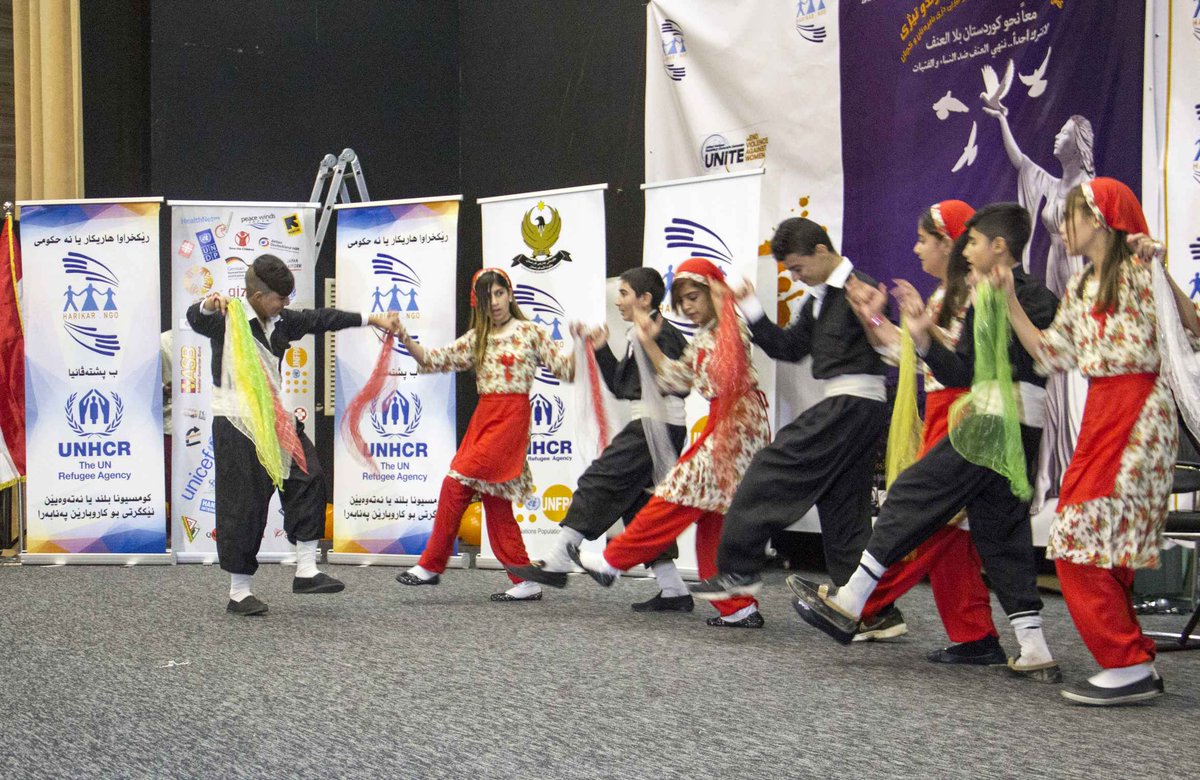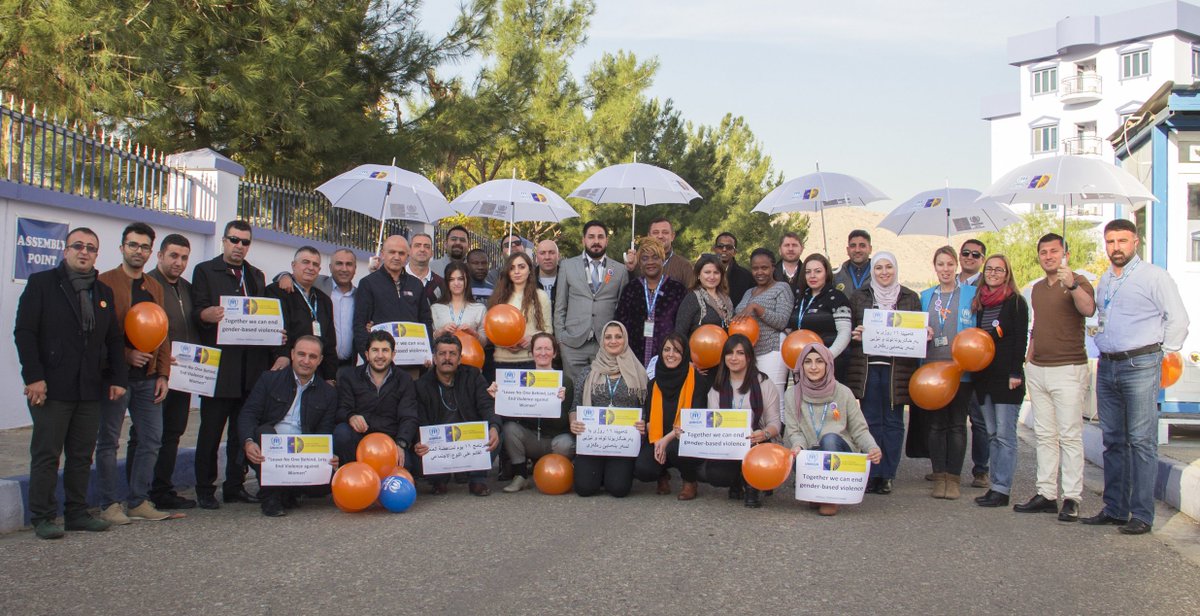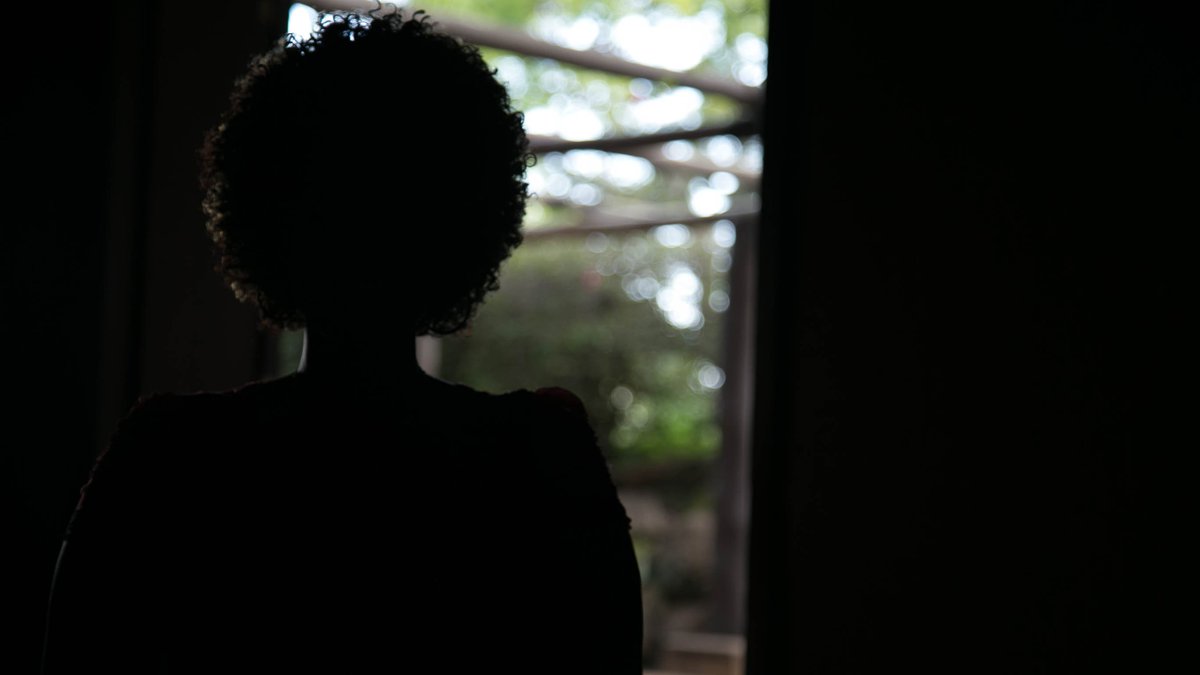So Tori performing Joni's "River."
That is Jack Johnson and Ben Harper performing Jack's "Gone."
That is Ben Harper and Jack Johnson performing Ben's "With My Own Two Hands."
"I can make peace on earth with my own two hands. I clean up the earth with my own two hands."
"TV: GHOSTED and other lies" (Ava and C.I., THE THIRD ESTATE SUNDAY REVIEW):
Get it through your uneducated and weak minds.
Hillary cannot be installed as president.
If the popular vote was hacked (it wasn't), it wouldn't matter.
The electoral college voted. End of story.
If Donald Trump's impeached, Hillary does not become president.
It is over, the 2016 election is over.
Grasp that reality.
There is an order of succession should a president be impeached -- handing it to a political rival in the most recent presidential election does not factor in.
We have no problem with the presidential election being determined by popular vote and think it is past time that happened. But up to and until that happens, the US remains glued to the electoral college and, once it votes, that's it.
If we had an amendment to the Constitution changing it to the popular vote, then, yes, Hillary could still be president from the 2016 election. But such an amendment does not exist.
So stop the fantasies and lies.
And maybe if the reality of the electoral college was known, there would be less of an impulse to embrace fake news?
That's a good piece by Ava and C.I., use the link and read their article in full.
"Iraq snapshot" (THE COMMON ILLS):
Friday, December 15, 2017. The UN responds to Iraq's mass executions, a
selfie sparks outrage, the claims that the Islamic State was defeated
in Iraq look increasingly hollow, and much more.
Yesterday, the Iraqi government carried out 38 executions.
Yesterday, the Iraqi government carried out 38 executions.
Important. Iraq also holding German-born Linda Wenzel.
This morning, Liz Throssell, spokesperson for the United Nations High Commissioner for Human Rights, declared:
We are deeply shocked and appalled at the mass execution on Thursday of 38 men at a prison in the southern Iraqi city of Nassiriya, Iraq, which once again raises huge concerns about the use of the death penalty in the country. These 38 prisoners had been convicted for terrorism-related crimes.
Given the flaws of the Iraqi justice system, it appears extremely doubtful that strict due process and fair trial guarantees were followed in these 38 cases. This raises the prospect of irreversible miscarriages of justice and violations of the right to life.
So far this year, we have learned of 106 executions in Iraq, including the mass hanging of 42 prisoners in a single day in September.
We once again urge the Iraqi authorities to halt all executions, establish an immediate moratorium on the use of the death penalty and carry out an urgent and comprehensive review of the criminal justice system.
Throssell notes 106 executions in Iraq this year. In 2016, Amnesty International recorded 88 executions in Iraq.
The 106 will not include the extra-judicial executions carried out by Iraqi forces.
Ghaith Abdul-Ahad (GUARDIAN) reported on some of these executions in "After the liberation of Mousl, an orgy of killing." One example:
Then, on the radio, between batches of numbers, came the words: “We caught a D**sh.”
Taha grabbed a radio and said: “Bring him to me.”
A wave of excitement ran through the room. Taha made a pistol gesture and shot in the air. “We will have a party today.”
Half an hour later, a soldier brought an old man into the room and pushed him to the floor. The man looked emaciated, but underneath his threadbare T-shirt, his muscles were tense and lean. His silky grey hair and wavy, shaggy beard, and the thick circles around his large, dark eyes, gave him the look of a 19th-century Russian revolutionary. The soldier said he was spotted crossing over from Isis lines with the civilians, but when he saw the soldiers he tried flee back to Isis territory.
“Who are you?” asked Taha in a firm voice.
“I am a hospital medic, please check my card.”
“Where is your national ID card?” asked Taha.
“It was taken by Isis fighters to prevent us from leaving,” replied the man.
“Taken by Isis, or you destroyed it to hide your name? How do we know you are not an Isis commander?” asked Taha.
“I am a medic sir, I told you. D**sh forced me to go to the old city and work in their field hospital. I was there treating injured civilians and yes, I will be straight with you, I did treat some of their fighters, too, because they forced me to. But I am not D**sh, sir, I actually hate them.”
“You are a liar,” said Taha.
“I swear by Imam Abbas … ” the man began, but before he had finished his oath upon the name of one of Shia Islam’s most revered figures, Taha smacked him hard in the face, sending him tumbling back into the lap of a soldier who sat behind him.
“Don’t utter these names, you filthy animal.”
The medic picked himself up, with an insulted look on his face. “But I am an old man,” he said softly, gradually bringing back the smile to his face. If there had been a moment in which he could have saved himself, it had now passed.
Taha and the soldiers dragged the old man out of the basement and into the street. They found a deserted house attached to a large ancient church, and pushed the captive through a courtyard, up a few steps, and into a small, dark room with three tall arched windows that overlooked a cemetery. They sat him on the floor and he leaned against the base of one of the windows, his head backlit by shafts of the afternoon sunlight. They stood encircling him. “Yalla old man, why don’t you confess so we can send you away from here?” said one young officer.
The old man, still smiling, said: “But how can I confess something I haven’t done? How can I prejudice myself?”
A heavy-set soldier picked up a short, thick metal pipe and started prodding the old man’s knees with it. “Look, from the window, that rotten body over there,” he said. “That was one of your people. We captured him few days ago and he, too, refused to confess.”
The man craned his neck and looked out of the window behind him. Below the house, a bloated, decomposed body had turned black under the scorching summer sun. He turned and smiled, but there was now a hint of fear, a loss of control. “I am just a medic,” he mumbled. Taha swung his leg back and kicked the man’s face so hard that he collapsed motionless on his back. For a second, everyone in the room thought he was dead.
“Pour water on him, he is faking,” Taha said angrily.
One soldier pulled the man up and sat him down again. Slowly, he opened his eyes, which at first looked stunned, and then darkened with anger. He opened his mouth, and a dark lump of flesh, blood and a set of large, gleaming false teeth tumbled on to his chest and the floor.
“Ha, will you confess?” said the soldier with the metal pipe.
“I have nothing to say,” hissed the man with blood pouring from his mouth. Taha nodded to the heavyset soldier, who pulled the old man to his feet, his legs wobbling. He leaned the man against the arched window and then, in one quick move, the soldier flipped him out of the window, but held his feet. The old man hung, swinging, from the window.
“Are you going to confess now?” asked the soldier. “What else is left for you?”
“How can I prejudice myself?” came the faint voice of the old man from below.
In that dark room, the soldiers and officers looked at the old man’s feet, dirty and cracked, for a few seconds before they vanished from the window. He fell into the yard below with a thud. The soldier who had dropped him leaned out of the window with his machine gun and fired five bullets into the body in the rubble below. A cloud of gunpowder filled the room, dancing in the shafts of light. The soldier looked out of the window and then fired two more bullets. “These two at his legs, just in case he wants to walk home,” said the soldier, laughing.
Taha and the two officers walked back. A young officer said, with a sheepish smile: “I wonder if God one day will punish us for all these killings. Will we go mad or something worse?”
“He is my fifth since the start of [the battle of] Mosul,” said Taha. “Al-Qaida have one good principle: if they suspect someone, or have the tiniest evidence against him, they execute him. They say that if he was guilty, he deserved it, and if he was innocent, his blood will be purged and later he will go to heaven. I follow the same principle.”
Ghaith Abdul-Ahad's entire report is available in audio format here read by Alice Arnold.
As Iraq breaks all human rights laws, prime minister Hayder al-Abadi frolics in France.
AP reports:
Three days after declaring victory over the Islamic State group, Iraq's prime minister warns that the group's extremists might "erupt again somewhere else" without international cooperation in combatting the militants.
Meanwhile . . .
IS still being hit in Iraq and Syria despite claims by some that it’s mission accomplished.
And XINHUA reports:
A total of ten Islamic State (IS) militants were killed Friday in airstrikes on two IS safe houses at a rural area in Iraq's eastern province of Diyala, an army commander said.
Iraqi helicopter gunships pounded two safe houses based on intelligence reports in Maytah area, some 120 km northeast of the Iraqi capital Baghdad, leaving ten IS militants killed, Lt. Gen. Mezhir al-Azzawi, commander of the security forces responsible for military operations in Diyala province, told Xinhua.
Doesn't appear ISIS is defeated or broken in Iraq.
And reports of the Iraqi government attacking civilians in Tuz Khurmatu have reached the United Nations. Spokesperson Liz Throssell declared this morning:
We are seriously concerned about the situation in the city of Tuz Khurmatu, in Salah al-Din Governorate in Iraq, where on 9 and 12 December residential areas were reportedly shelled, causing casualties among civilians. It is not clear who is carrying out the shelling which is reported to be coming from the mountains overlooking the area. Iraqi forces are still working to discover the exact locations from which the shelling has come and the identity of those responsible.
Tensions have been increasing in Tuz Khurmatu following September’s independence referendum in the Kurdistan Region of Iraq and in disputed areas, which include Tuz Khurmatu. In recent weeks, clashes have broken out between Kurdish Security Forces – also known as the Peshmerga - and Turkmen Popular Mobilization Units or PMUs. This fighting has to date resulted in an unconfirmed number of deaths in each group.
UN human rights officers visited the area on 7 December and again on 14 December to investigate reports of the burning of homes and looting of businesses. They spoke to residents of Tuz Khurmatu in Kirkuk and Erbil who had fled the violence and also saw for themselves in Tuz Khurmatu some 150 premises that had been burned or otherwise damaged. This follows reports that, on 16 and 17 October, a similar number of houses were looted and burned by Turkmen PMUs and civilians, and that up to 11 houses reportedly belonging to Kurdish families and officials were destroyed by explosives in the city. Thousands of residents, mainly of Kurdish origin left for the Kurdistan Region of Iraq, apparently fearing repercussions, and to date many have not returned.
Iraqi Government forces are in control of Tuz Khurmatu, supported by Popular Mobilization units. The city’s population is a mix of Turkoman, Kurd and Arab communities and there is a serious risk that given the ethnic and religious fault lines in the area, that violence could escalate and spread.
We urge the end of all acts that threaten the fundamental rights of the Tuz Khurmatu population. We also call on the Iraqi authorities to ensure that civilians there are protected and those responsible for human rights abuses brought to justice.
- #Iraq: We urge the end of all acts that threaten the fundamental rights of people living in Tuz Khurmatu. Given the ethnic & religious fault lines in the area, there's a
Vengeance is not a governing principal -- a detail the US government forgot to pass on to all the Shi'ite runaways they put in charge of Iraq. (The runaways fled Iraq and only returned after the US-led invasion in 2003. Possibly due to their cowardice that led to fleeing, they returned feeling they had something to prove.)
Lastly, what can a selfie do?
Wow => Miss Iraq Posted a Photo With Miss Israel. Now She Has to Flee the Country. louderwithcrowder.com/miss-iraq-miss…
Miss Iraq's family are forced to flee the country after the beauty queen posed for a selfie with Miss Israel dailym.ai/2AJvKEV
Miss Iraq's family has now been forced to flee their country after death threats. Miss Iraq simply posted a selfie with Miss Israel, saying she wanted to promote "peace and love" @i24NEWS_EN
A country is truly broken if a selfie leads to death threats and the forced relocation of a family. No wonder the Kurds want out of the monstrosity that is Iraq.
The following community sites -- plus PACIFICA EVENING NEWS and THE DIANE REHM SHOW -- updated:



















